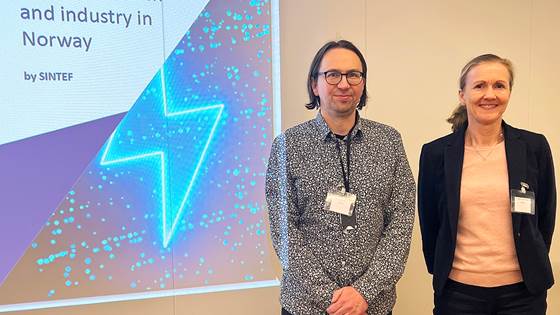
Sustainability is Norway's competitive advantage in the battery race
Investing in research, local manufacturing and secure access to materials is needed to solidify Norway’s position as a leader in sustainable batteries.

Investing in research, local manufacturing and secure access to materials is needed to solidify Norway’s position as a leader in sustainable batteries.
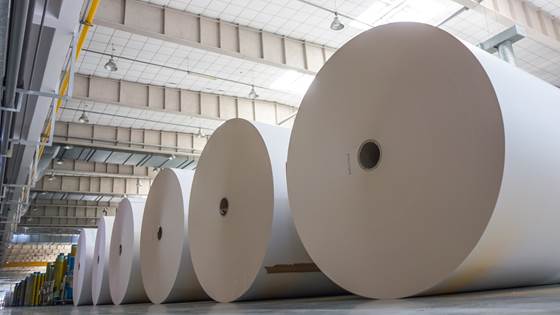
New technology will transform the production of bleaching and disinfection chemicals in the European chemical industry.
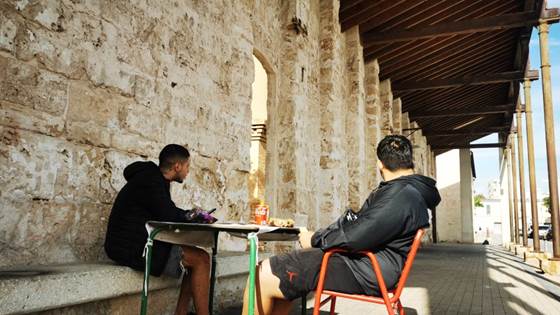
In Palma de Mallorca in Spain, researchers are planning to use VR headsets to encourage resident participation in a community project.
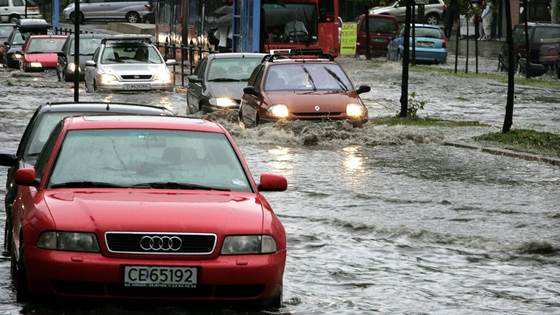
If we are to avoid our cities becoming ‘heat magnets’ one day, and overwhelmed by flooding the next, we have to incorporate wetlands and ditch systems into our urban infrastructure.
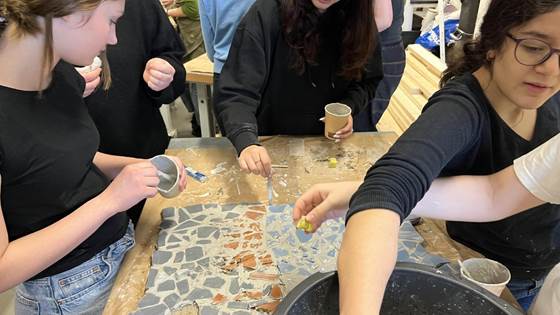
Recycling is the guiding principle behind the new Voldsløkka school and Culture Centre. Pupils are taking part in an art project as their contribution to the research project called ARV.

Many Norwegian homes can only be heated using electricity. The authors of this blog argue that in the event of an extended power outage, energy-efficient homes will stay warm for much longer than those built according to the minimum regulatory...

Energy consumption in buildings can be reduced by predicting their actual heating needs.

Within the framework of the EU-funded project RESIST, four regions will test adaptation solutions to five key climate challenges: floods, droughts, heatwaves, wildfires, and soil erosion.
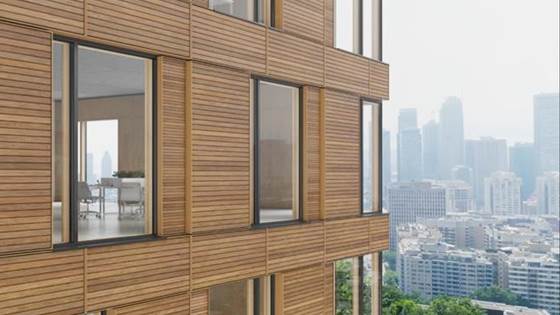
Scientists at SINTEF take part in developing a CO2-reducing, remote façade maintenance system that will contribute to green change at both a national and international scale.

If only the Norwegian building and construction industry would embrace a little more digitalisation, this alone would enable Norway to achieve its 2023 emissions target agreed with the EU.
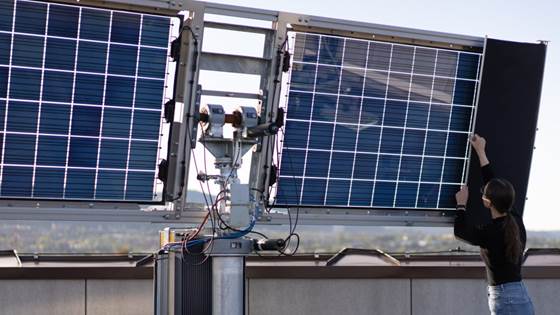
Solar energy is good news for planet Earth – but solar panels are not as climate-friendly as they should be. Researcher Martin Bellmann is using what he calls the ‘black gold’ waste materials from solar panel manufacture to make new panels.
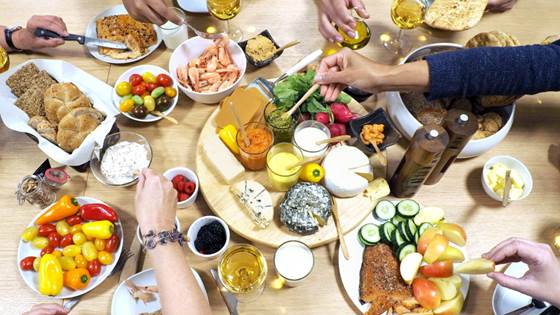
What are people’s attitudes towards food, sustainability, new foods and food additives? Researchers have found some answers.
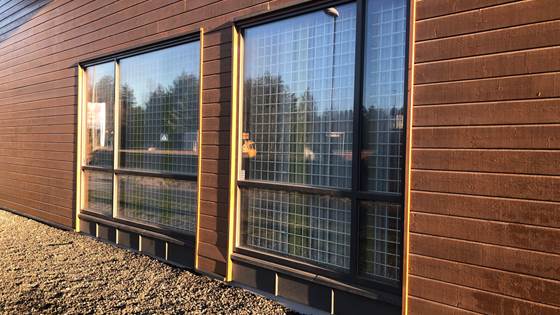
How to know whether building materials are fit for reuse? A new guide can tell.

It is difficult to recycle artificial turf and there are no obvious deposit-return systems for these plastics on the market. But researchers are now looking to find a solution to the problem.
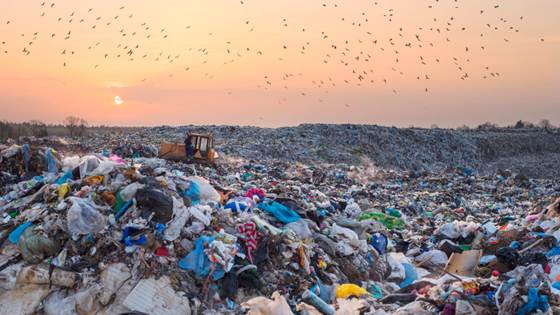
Using non-recyclable plastic waste as an alternative to coal may prevent huge volumes of plastic from being discarded into the oceans – and will also reduce CO2 emissions. This is the conclusion of a recently completed pilot project headed by SINTEF...